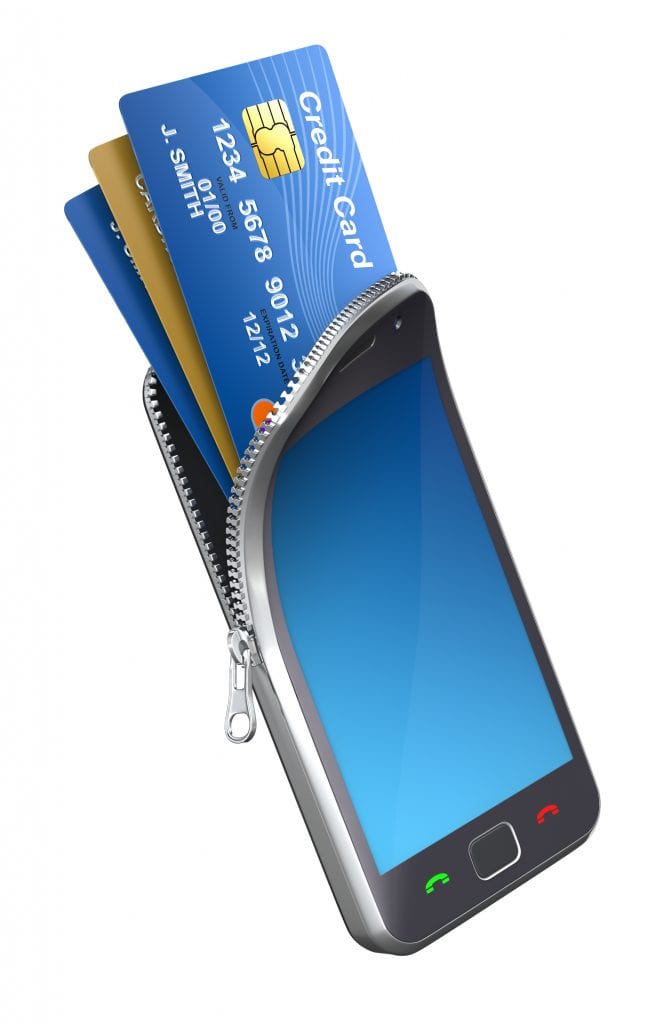NACHA’s same-day ACH payments are moving forward. Phase one begins in September of this year, with full implementation by March 2018.
What are the implications for business-to-business payments? This is a small step forward. Perhaps the most encouraging aspect of it is the collaboration that had to happen to bring it about–yet another sign that legacy players are responding to changing market conditions. However, it’s not likely to have the impact on B2B payments that some people are predicting and that banks may fear.
Right now most ACH payments settle within 48 hours, so this is not a huge increase in speed, and it’s still not real time payments, which is where we ultimately need to go. That’s not to minimize the accomplishment, which will impact about 23 billion payments totaling more than $40 trillion annually. However, this increase in speed is more meaningful for consumer payments, especially for peer-to-peer payments, an area where banks are losing ground to Fintech players such as Venmo, Dwolla and Square Cash.
Only one piece of the puzzle
In B2B payments, moving the money is just one piece of a multi-step process. Same day ACH alone won’t dramatically change behaviors, but what it does do is give Fintech companies a slightly faster set of rails to work with. That’s important because it’s technology innovation that holds the most promise for making B2B payments both faster and better.
In the consumer world, friends eat a meal together and they want a fast way to reimburse each other for the cost. Or they want to pay their mortgage the last day before the due date. Additional speed is helpful in those situations.
In the world of B2B payments, companies are dealing with massive quantities of payments to thousands of suppliers. Payments are based on invoices with specific due dates, and accounts payable workflows are built up around meeting those due dates.
When you think about all the time it takes to process an invoice, and then to follow up the payment and reconcile it, speeding up the part where the money moves by one day is only a small step.
Lost wire business?
What might change in the short term is that businesses will send fewer wires, and that might hurt banks a little. For businesses, wire payments tend to be large payments where there’s a concern about security and a need for confirmed speedy receipt. If you can send same day payment for a $2 ACH fee as opposed to a $20 wire fee, that’s an attractive change for business customers.
This could be part of the reason why there will be a $25,000 limit on same day ACH payments. NACHA says the limit is there to manage risk and that’s probably true–banks see ACHs as risky because there’s a window where those funds can be pulled back. They also say that even with the limit, 99 percent of payments will qualify. Those that won’t qualify will likely be B2B payments, so the limit could also serve to protect some of their B2B wire business.
Change not in the cards
What I don’t see happening is businesses shifting payments from card to ACH in mass. People think that once ACH payments are as fast as card payments, suppliers will not want to take cards. I think that overlooks some of the major reasons why businesses accept cards.
For a lot of businesses, taking cards is not about getting money faster. It’s about the security of getting paid. They get the card number, and they know the payment is going to be good. They have visibility, they have lower risk, and it fits into a process that already exits. Those things are all really important when you’re dealing with thousands of payments.
Revolutionaries in the basement
The real impact of same day ACH on B2B payments will come when Fintech solutions use that speed to improve services. B2B payments require services both on the front and back end, and for all types of payments. On the front end there’s a whole workflow around getting the payment files ready to go through the bank pipes. There are invoice errors to contend with, there are payment errors, and there are a lot of questions flying back and forth between buyers and suppliers. There is a huge need for visibility and control over the process and greater communication between buyer and supplier.
Services, visibility and control are where Fintechs really shine. Beneath all the brash talk about disruption, Fintech payment companies are a little like revolutionaries living in their parents’ basements. We use existing bank rails and existing card networks to move the money. The big differentiator is the focus on using technology to make everything that comes before and after moving the money easier and more transparent, and to give the end user a better experience with more visibility and control over the process.
These are things that the legacy players can’t do. To the extent that Fintechs can build on this incremental speed to improve the communications and make it faster and easier for a buyer and supplier to communicate, to reconcile payment or resolve any payment errors that may have occurred, that’s when same-day ACH payments will have bigger positive impact for businesses.
In the B2B payments, it’s all about the process. Your world isn’t going to be rocked by going from 48 to 24 hours. It’s going to be rocked by anything that makes that process easier and more streamlined. So while this may be a giant leap forward for banks, it’s only a small step forward for B2B payments. But it’s a step in the right direction.
Karla Friede is CEO and a founder of Nvoicepay, a provider of B2B strategic payments for the enterprise
